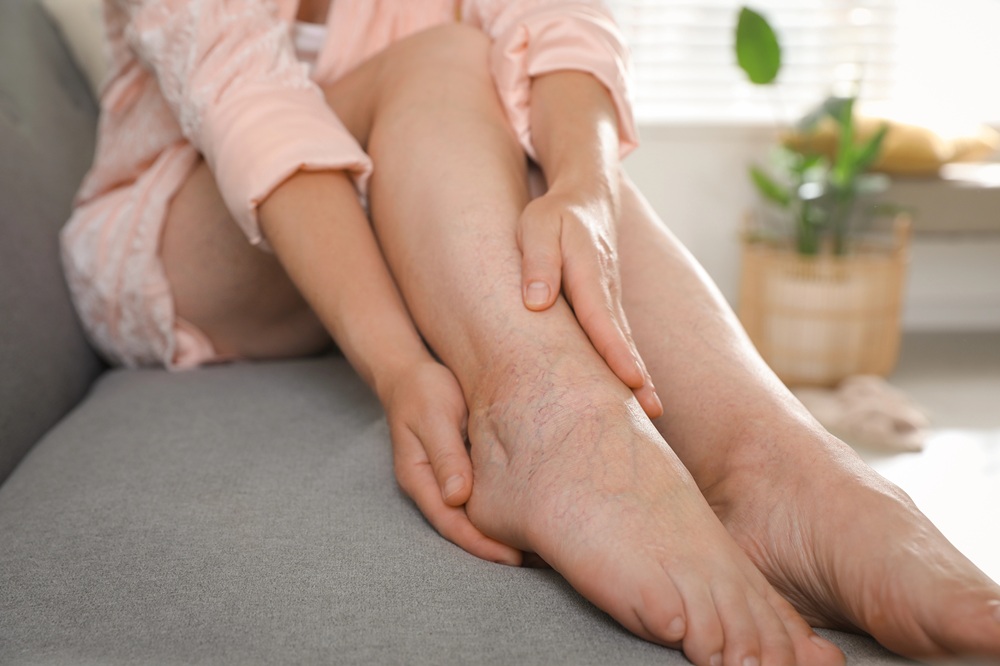Motherhood comes with a long list of responsibilities, and often, caring for your health takes a backseat. But if you’re a mom experiencing aching legs, swelling, or visible varicose veins, it’s time to pay attention to your vein health. Hormonal changes, weight fluctuations, and the physical demands of pregnancy and parenting all contribute to increased pressure on your veins, making mothers especially prone to venous issues.
Fortunately, you don’t have to live with discomfort. Taking early steps to support your vascular health—and seeking help from trusted professionals like Elite Vein Clinic—can make a huge difference in your well-being and energy levels.
Why Moms Are at Higher Risk for Vein Problems
Pregnancy is one of the leading risk factors for vein issues in women. As the body produces more blood to support a growing baby, the veins in your legs and pelvis face added pressure. The hormone progesterone also relaxes the vein walls, which can cause blood to pool more easily. Combine this with carrying toddlers, running errands, and spending long hours on your feet, and it’s no surprise that many moms experience vein discomfort or visible varicose veins.
Other risk factors include:
- Multiple pregnancies
- Family history of vein disease
- Weight gain during and after pregnancy
- Lack of time for regular exercise
Common Symptoms to Watch For
Moms are often quick to brush off symptoms, but it’s important to recognize the signs of vein issues early. These may include:
- Leg pain or cramping
- Swelling in the ankles or feet
- Heaviness or fatigue in the legs
- Visible varicose or spider veins
- Itchy or discolored skin on the lower legs
Ignoring these symptoms can lead to chronic venous insufficiency, a condition that worsens over time and can impact mobility and comfort.
Everyday Tips for Healthy Veins
Here are a few ways busy moms can protect and support their vein health:
- Move Regularly
Even if you don’t have time for a workout, short walks, stretching, or leg exercises can help stimulate blood flow and reduce pressure in your veins. - Elevate Your Legs
When resting, raise your legs above heart level for 15–20 minutes to ease swelling and encourage circulation. - Wear Compression Stockings
Compression garments are especially helpful postpartum or during long periods of standing or sitting. They promote healthy blood flow and prevent blood from pooling. - Stay Hydrated and Eat Well
A diet rich in fiber, antioxidants, and hydration helps prevent constipation and inflammation, both of which can negatively impact your veins. - Prioritize Self-Care
Taking time for your health isn’t selfish—it’s essential. Your well-being affects your ability to care for your family.
When to Seek Help
If vein symptoms are persistent or painful, don’t wait. The experts at Elite Vein Clinic offer personalized evaluations and minimally invasive treatments that can restore comfort and confidence. Whether you’re dealing with cosmetic concerns or chronic leg pain, their experienced team can help you feel like yourself again.
A Healthier Mom, A Healthier Family
Moms are the heart of the household, but your health matters just as much as everyone else’s. By paying attention to your vein health and taking preventive steps, you can stay strong, active, and ready to enjoy every moment of motherhood.

